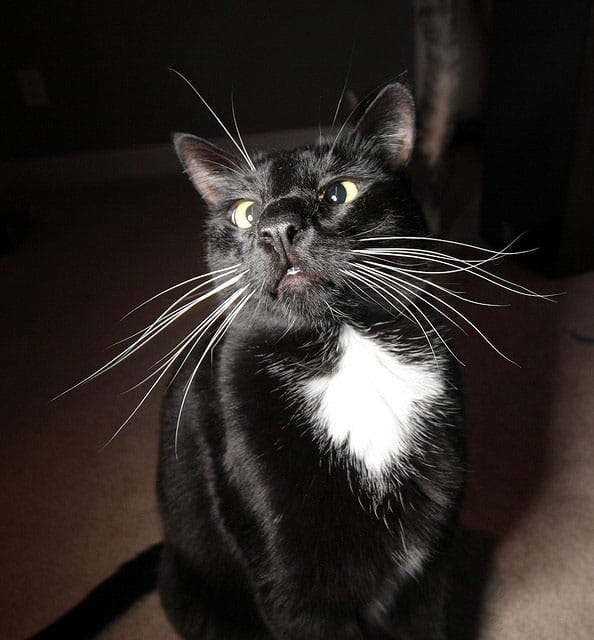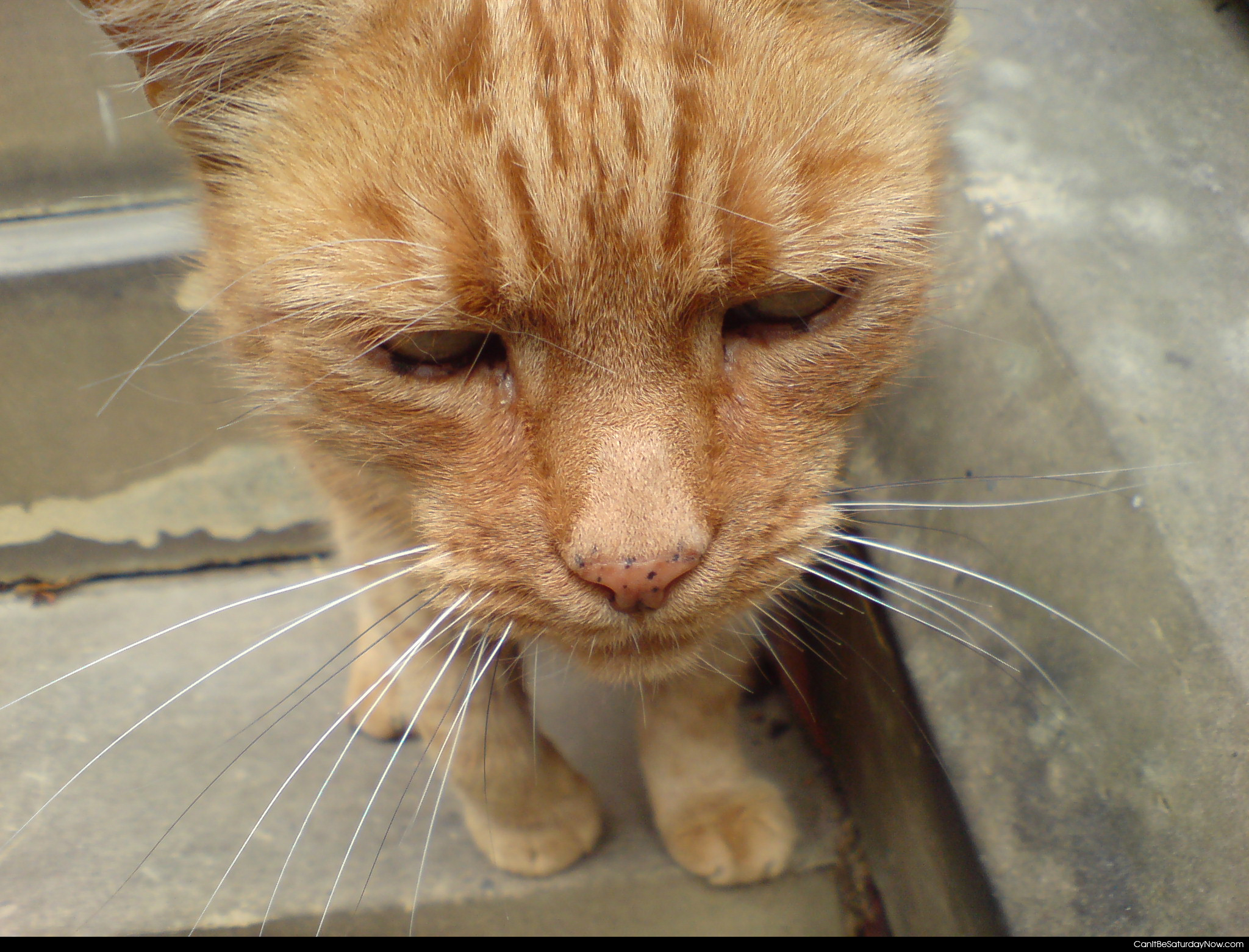

Allergic rhinitis can be seasonal or year-round, depending on the geographic location of the animal. This is not saying that it doesn’t occur in cats, because it happens too, just to a lesser extent. Though cats have a more sensitive sense of smell than us humans, they’re less prone to allergic rhinitis. However, allergic reactions as a cause of rhinitis are fairly uncommon in cats.

This is arguably the most common cause of rhinitis in humans and it’s only natural to think that it may be the case too in our feline pets. Whenever a cat sneezes or has a runny nose, the first condition that comes into mind is allergic rhinitis. A runny nose due to irritation is often transient and goes away on its own as soon as the cat’s exposure to the irritant has been controlled. Household cleaners such as bleach, detergents, and fabric softeners have odors that might be pleasant to us humans but can be irritating for cats because of their highly sensitive olfactory senses.Īerosol sprays and disinfectants are also a common cause of runny nose in cats, along with scented candles and perfumes. Cats have a very sensitive sense of smell and can be easily irritated even with things commonly found in the household. The most common cause of rhinitis and runny nose in cats is irritation. Here are a few common causes of rhinitis in cats: 1. The amount and the viscosity of the discharge produced by the lining of the nasal passages vary depending on the cause of the inflammation of the nasal passages, termed rhinitis. The surface of the nasal mucosa is lined with cells that produce mucoid to serous fluid in response to inflammation. A runny nose, or nasal discharge, in cats is an inflammatory reaction of the nasal passages.


 0 kommentar(er)
0 kommentar(er)
